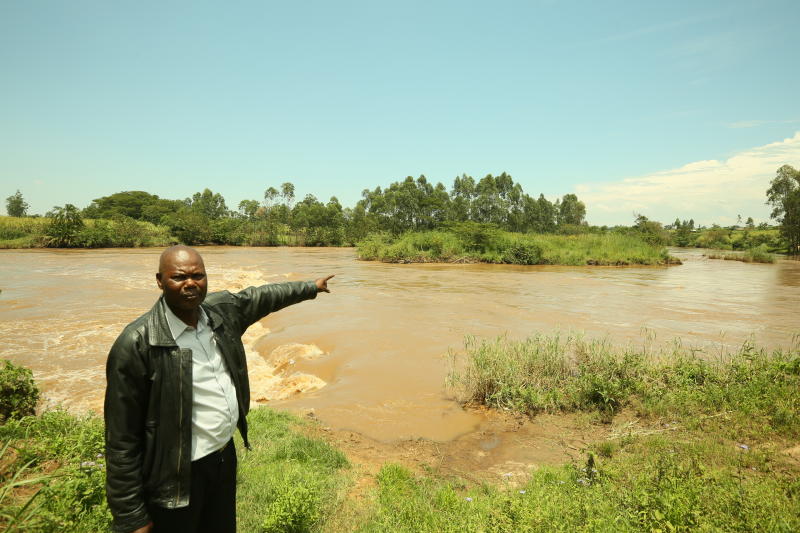×
The Standard e-Paper
Join Thousands Daily

Chimo and Wepe islands are half the size of a football pitch.
But the two islands, a mere 200 metres apart in River Nzoia, at the border of Kakamega and Bungoma counties, have brought more suffering to villagers nearby than blessings.